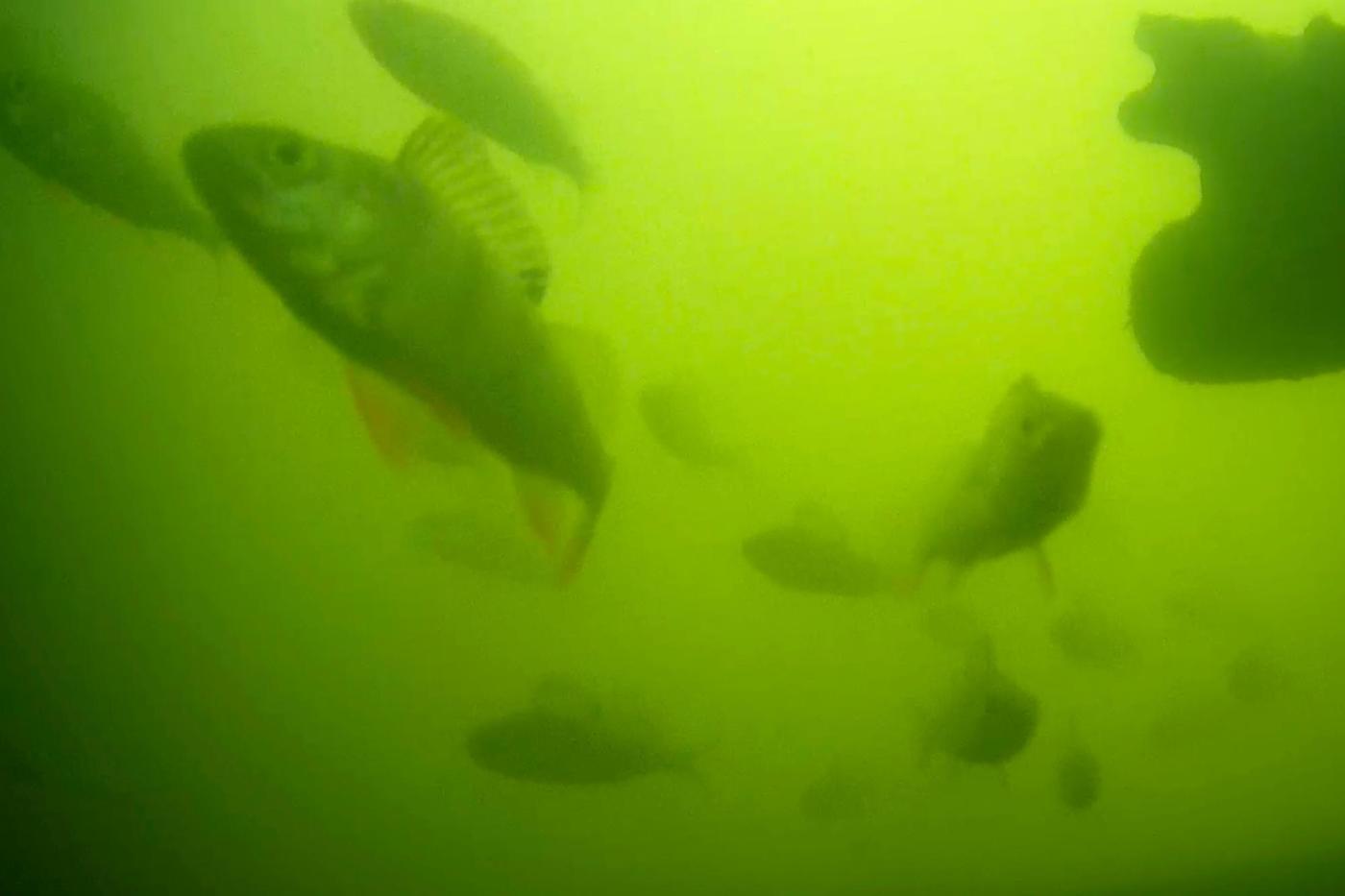
Quirky livestream that lets viewers help fish is a hit with millions
By ALEKSANDAR FURTULA
UTRECHT, Netherlands (AP) — The central Dutch city of Utrecht has installed a “ fish doorbell ” on a river lock that lets viewers of an online livestream alert authorities to fish being held up as they make their springtime migration to shallow spawning grounds.
Related Articles
Trump and Zelenskyy wrap up call a day after talks with Russia about possible ceasefire
Israel launches a ground operation to retake part of a key corridor in northern Gaza
No evidence of foreign state influence on Greenland’s election, Denmark says
Today in History: March 19, televangelist Jim Bakker resigns in wake of scandal
MI6 has never had a woman as spy chief. That could be about to change
The idea is simple: An underwater camera at Utrecht’s Weerdsluis lock sends live footage to a website. When somebody watching the site sees a fish, they can click a button that sends a screenshot to organizers. When they see enough fish, they alert a water worker who opens the lock to let the fish swim through.
Now in its fifth year, the site has attracted millions of viewers from around the world with its quirky mix of slow TV and ecological activism.
Much of the time, the screen is just a murky green with occasional bubbles, but sometimes a fish swims past. As the water warms up, more fish show up.
Without the help, native freshwater fish like bream, pike and bass can become backed up behind the lock and form easy prey for predators in the spring, when the lock is rarely opened for passing boats.
The bell is the brainchild of ecologist and concept developer Mark van Heukelum. He’s been happily surprised at the response, with millions of people from around the world tuning in over the years.
“I guess the combination of a good cause, a beautiful story and just a simple idea generates all this attention,” he said.
Anna Nijs, an ecologist with Utrecht municipality, was also amazed at the popularity of the concept around the world.
“We get a lot of fan mail from people who think it’s slow TV and they find it relaxing,” said Nijs. Besides, “they appreciate that they can actually do something to help.”
Associated Press writer Mike Corder in The Hague contributed.


